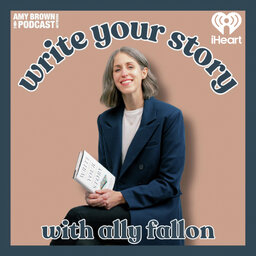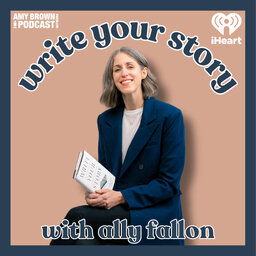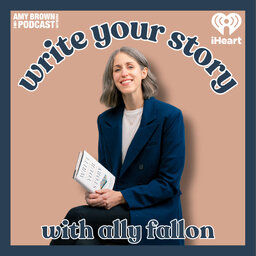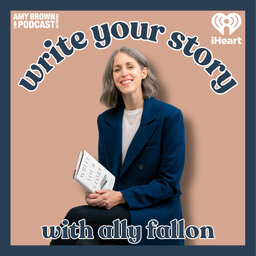What You’re Really Doing When You Write Your Story
What if writing a book isn’t just about writing a book? What if it’s about connecting more deeply with yourself and with the world? In this last episode of 2023, I unpack what is really happening when you write your story—which is far more than you can quantify or even imagine.
Come write your book with me in 2024: abookinsixmonths.com
 Write Your Story with Ally Fallon
Write Your Story with Ally Fallon


